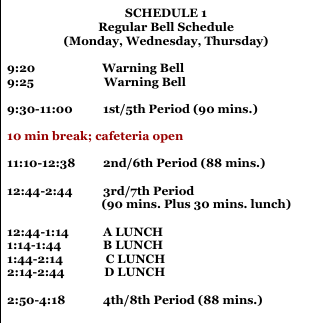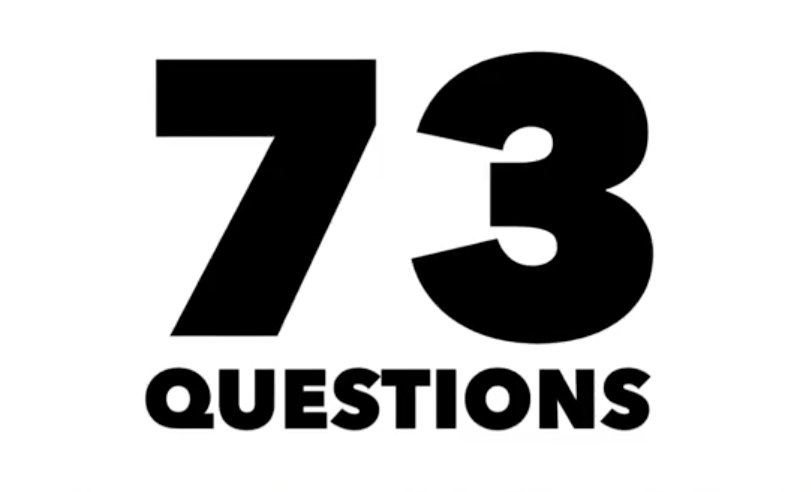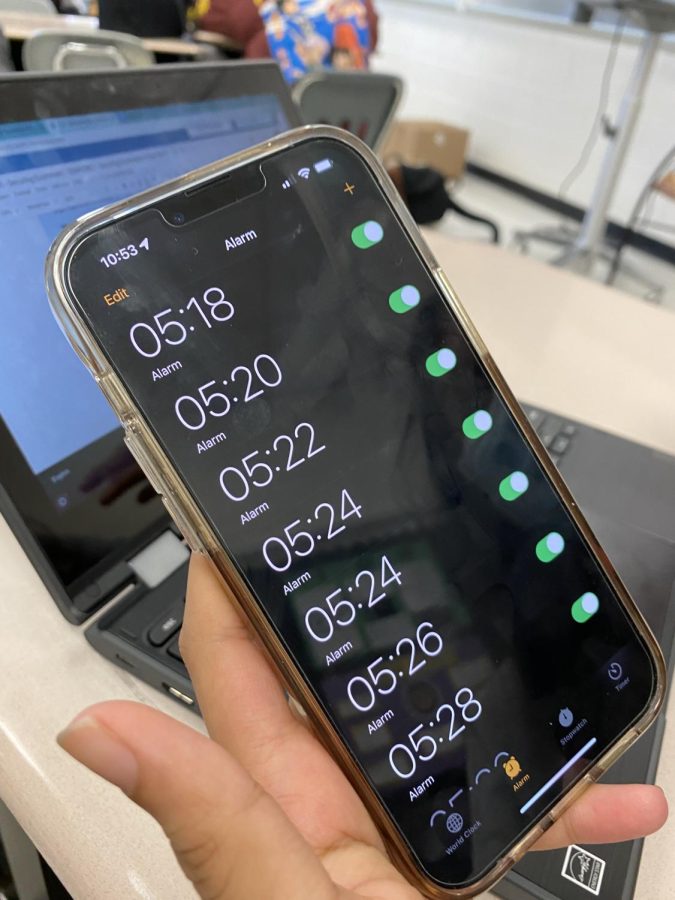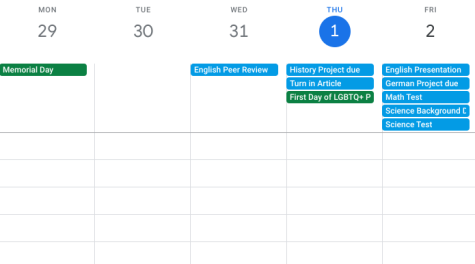How many alarms is “too many”?
Anjana Kumar, a student at FHS, shows how many alarms she sets to wake up for school. (Photographed by Hazel Nguyen)
March 19, 2022
Waking up in the morning is arguably one of the hardest things students and staff at Freedom High School have to do, especially waking up on time. That’s why, for many of these folks, hitting the snooze button is not enough; it is essential to set multiple alarms for school.
“When I have a test, I set alarms from 4:30 to 5 a.m. every five minutes to wake up,” said sophomore Anjana Kumar. “I also set a different ringtone for every alarm, so I don’t tune them out.”
Sleep is very important to stay functional during the day, but almost no one gets enough. Still, no matter how many hours of sleep, people are at their lowest energy levels when they wake up. Using multiple alarms gradually shifts someone from that low energy state to a sufficient amount for the day, leading to a less grouchy morning. Also, it does not hurt to have backup alarms lest the first one is unacknowledged.
“I’m very habitual about it. I set one alarm for 5 a.m., and I play a rock song to wake me up,” said Katherine Cho, an FHS English 9H teacher.
The lucky ones who easily transition from sleeping to waking up set as little as one alarm. Having one alarm can help train the body’s circadian rhythm. If the body is used to waking up at an exact time, it will be easier to get out of bed and start the day on the right foot. This is very desirable for those non-morning people, but old habits die hard; it can be very hard to train the body to switch routines.
Both accounts, Kumar’s and Cho’s, have opposite points of view but share a commonality: They both mention the specific alarm sound they use. Softer, more pleasant-sounding alarms are for those who want an easing, approachable way to wake up without feeling sluggish. Those who use harsher, less pleasant-sounding alarms need a strong indicator that it is time to wake up.
Both types of morning routines, even if a student or staff member is setting as many as one alarm per minute, have their pros and cons. Mixing up different alarm sounds, sleep times, alarm frequencies, and all those factors play a huge role in developing a ritual morning routine. Everyone’s preferences are different and unique! At the end of the day, all that matters is a good start to the day-ironically.














































